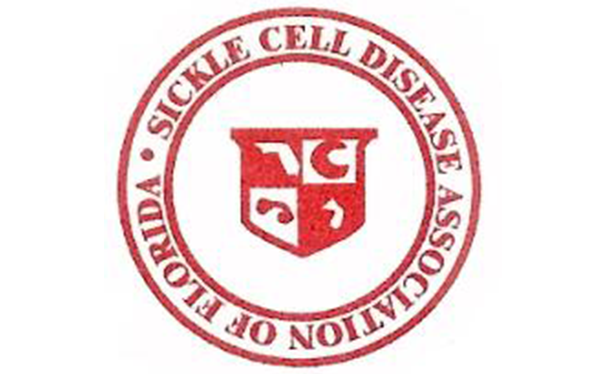.png)
In response to the health risk of COVID-19 all trainings and meetings hosted by the Sickle Cell Foundation and its programs have been postponed until further notice. We hope this does not cause any inconvenience but believe that social distancing is appropriate at this time.
We will continue to provide information through delivery methods that ensure the health and safety of our participants, staff and host agencies.
The Florida Department of Health (Department) is working closely with the Centers for Disease Control and Prevention (CDC) to monitor the current outbreak of COVID-19 and is actively working to ensure that the most up-to-date CDC guidance is quickly and accurately disseminated to local partners. To see the latest case count please visit
COVID-19 page, the Department is coordinating with our local partners to investigate, confirm, contain and report any cases.
For information from the CDC and the World Health Organization on COVID-19, please visit:
We appreciate your continued support during this time and look forward to providing in-person services again in the near future.


.png)





















.png)
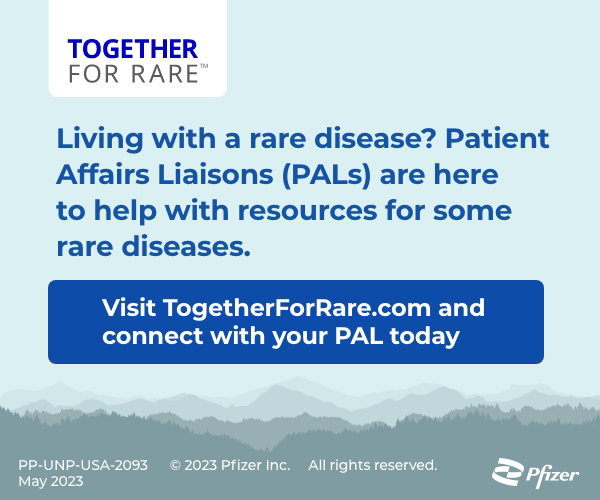
.png) In response to the health risk of COVID-19 all trainings and meetings hosted by the Sickle Cell Foundation and its programs have been postponed until further notice. We hope this does not cause any inconvenience but believe that social distancing is appropriate at this time.
In response to the health risk of COVID-19 all trainings and meetings hosted by the Sickle Cell Foundation and its programs have been postponed until further notice. We hope this does not cause any inconvenience but believe that social distancing is appropriate at this time.

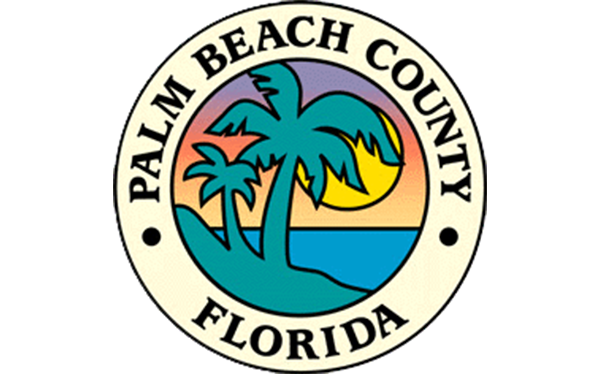
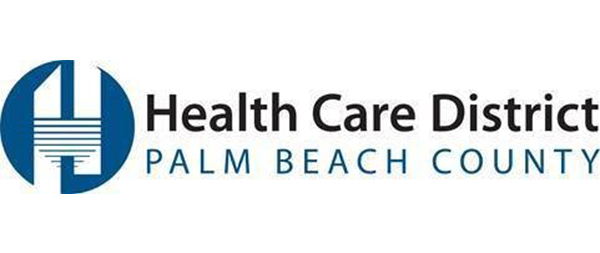



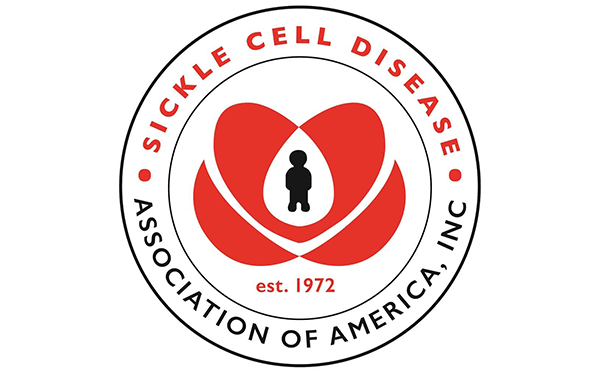
_600x329.png)
